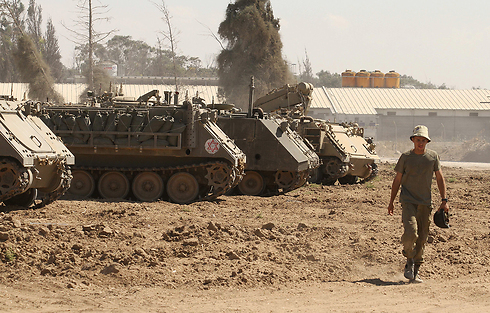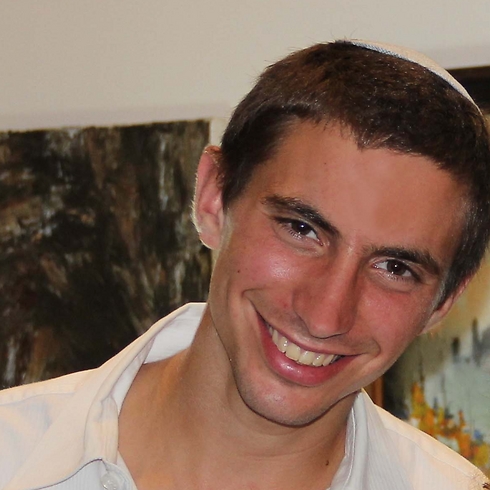New IDF regulations prevent parents from retrieving single son soldiers from battle, and now direct donations to soldiers from civilian organizations or individuals, which was once common, in now forbidden under the new IDF regulations.
By Yoav Zeitoun
A new decree issued by the IDF stipulates that parents with one son who consent to him serving in a combat capacity will not be able to annul the agreement. Prior to this decision, parents who had a change of heart could force the army to send out a retrieval unit to extract their son from the battlefield.
The policy change was influenced by incidents which took place during Operation Protective Edge 2014, in which nine parents had decided to retract their previous consent to have their son serve as a fighter. The parents’ demands led to IDF forces being sent as deep as 2 km (1.24 miles) into the Gaza Strip to recover their sons.

Operation Protective Edge – Photo: Ido Erez
Research conducted by the IDF Manpower Directorate raised concern that if a soldier with no brothers were to be captured during the next war—particularly if it were to take place in Lebanon—the lives of those sent to bring him home would be put in too great a risk.
Another major point for concern currently being debated centers on a soldier’s freedom to choose the nature of his own service in cases where he comes from a bereaved family. The IDF is considering how to approach such situations, where the brother of a fallen soldier remains determined to be a fighter, and his parents seek to annul a waiver previously signed.
Setting a new status for a fallen soldier
As the case of single son soldiers is being deliberated, the Manpower Directorate has also been looking into another sensitive matter: finding an appropriate status for fallen soldierLt. Hadar Goldin, who was killed by Hamas during Operation Protective Edge, along with Maj. Benaya Sarel and Staff Sgt. Liel Gidoni. Following the killings, Goldin’s body was kidnapped by Hamas before pieces of his body confirming hat he had been killed were recovered from the field and buried in Israel. However, as Hamas still holds on to articles of his body, Goldin is not officially considered to be a fallen soldier whose grave site is unknown.

Fallen soldier Lt. Hadar Goldin
The IDF has been in regular contact with the Goldin family to ensure that their fallen son and brother is given an appropriate official status and that all efforts are undertaken to return him to Israel to be buried. The decision made in this case will serve as a precedent for similar cases in the future, particularly given Hamas’ and Hezbollah’s stated goal of abducting Israeli soldiers, regardless of their condition.
The measure will also standardize the terms used for missing captives, since no IDF standing orders currently address the subject of kidnapped soldiers but only captives (those visited by Red Cross), absent and disappeared soldiers, and those who are known to have died, but whose bodies could not be located or retrieved.
In order to prevent situations in which baseless rumors of casualties spread, the IDF has decided to implement a “sufficient notice” procedure, in which the IDF will inform families of the possibility of their son or daughter being among the known casualties. An IDF call center will allow them to call in and check on their status.
The issue of donations is also under discussion. From now on, direct donations to soldiers from civilian organizations or individuals, which was common during Operation Protective Edge, will be forbidden. Civilians interested in donating will be able to do so while the fighting continues through special centers run by the Association for the Wellbeing of Israel’s Soldiers (AWIS, also known as Ha’aguda Lema’an Hachayal). This change was made with several goals in mind, namely preventing waste in the form of an overflow of unused donation – a prevalent feature of Operations Protective Edge. The decision is also designed to prevent the risks incurred by donors who arrive at forward operating sites. Furthermore, the IDF has increased scrutiny and oversight of these new regulations, going so far as to punish a senior non-commissioned officer from the Givati Brigade who violated the new donation procedures.
View original Ynet publication at:
http://www.ynetnews.com/articles/0,7340,L-4809400,00.html








 Israeli New Shekel Exchange Rate
Israeli New Shekel Exchange Rate